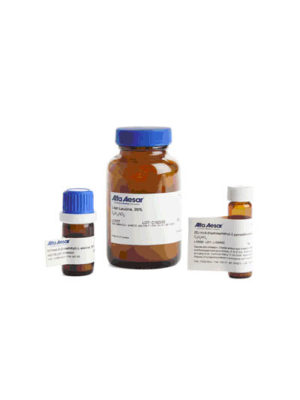Silanes

Silanes
Silanes are the silicon analogs of alkanes. In contrast to alkanes, the hydrogen atoms have a partial negative charge in silanes due to relatively high electronegativity of hydrogen in comparison to silicon and hence compounds containing SiûH bonds are reactive. Silanes containing Si-H bonds are used as reducing agents in organic and organometallic chemistry. As an alternative to toxic reducing agents like tributyltin hydride, silanes can serve as a radical H-donor or as a hydride donor. There are a wide variety of silanes, ranging from alkylsilanes, alkylsiloxanes, phenylsilanes and halosilanes up to tris(trimethylsilyl)silane.
Several industrial and medical applications exist for silane and functionalized silanes. Silanes have wide range of applications including, but not limited to, water repellents, surface modifiers, crosslinking agents, masonry protection, coupling agents, control of graffiti, adhesion promoters, and dispersing agents. As coupling agents for adhering glass fibers and carbon fibers to polymer matrices, silanes stabilize composite material by creating better adhesive property. In biotechnology, silanes find use as coupling agents for bonding polynucleotides to ægene chipsÆ. Silanes can also be used to couple a bio-inert layer on a titanium implant. Other applications include applying polycrystalline silicon layers on silicon wafers when manufacturing semiconductors, and sealants.


